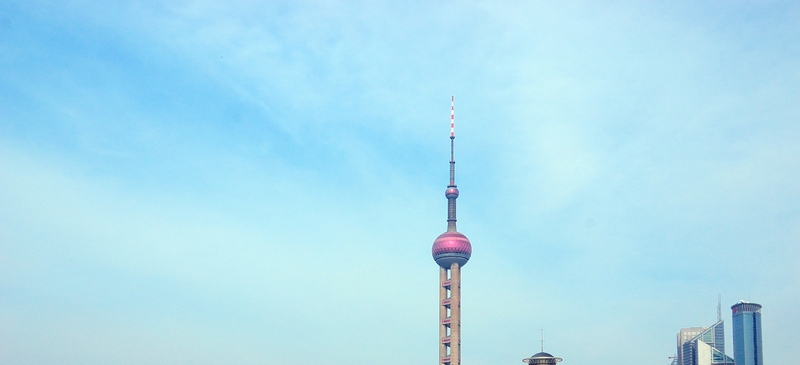
The EU, the US and Taiwan
The EU, the US and Taiwan
by Charles Grant
Taiwanese domestic politics is nasty and messy. The two main political forces – the KMT, which believes in ‘one China’, and the DPP, which leans towards an independent Taiwan – hate each other with venom that is unmatched in most other functioning democracies. But the country is pluralistic, with a free press and fair elections. Since Taiwan’s politics are so much more ‘western’ than those of the People’s Republic of China (PRC), it ought to have many friends in the western democratic world.
But it has few close friends. Both the Americans and the Europeans know that they must be on good terms with China. It is simply too important, economically and strategically, to have as an enemy. Therefore ministers in most western governments are careful not to meet their Taiwanese counterparts on an official basis, lest China get annoyed. And they tolerate the fact that China excludes Taiwan from many international bodies, such as the World Health Organisation. Of course, there are some policy-makers in the West who think that democracies should stand by other democracies. The much-maligned neo-cons, for example, give moral support to Taiwan, as do some idealists of a more liberal persuasion.
American policy on Taiwan is both realist and idealist. The US supports the status quo, meaning that it opposes Taiwanese independence. But the US also promises to defend Taiwan in the event of a Chinese attack. That promise is deliberately couched in ambiguous terms, to discourage the Taiwanese from provoking China, and to dissuade China from taking military action.
Having made no commitment to defend Taiwan, EU policy is much simpler. The EU does not see China as a strategic competitor, since – unlike the US – it is not an Asian power. So it has a clear policy of engagement with China, of supporting the status quo across the Taiwan Straits, and of being friendly towards Taiwan – but not so friendly that China would become annoyed.
The EU and the US agree on the goals of stability and the non-use of force across the Taiwan Straits. But Americans care much more about Taiwan, for the understandable reason that American blood and treasure could be shed in its defence Such emotions explain why the US over-reacted over the EU’s tentative moves towards lifting its arms embargo on China two years ago (there were good reasons why the EU should not have lifted the embargo at that time, but it was hard to have a rational discussion with some Americans over the matter, such was the strength of their feelings; they talked of the Chinese firing French missiles at American troops fighting on the beaches of Taiwan).
European views have shifted somewhat over the past two years, to be slightly more sympathetic to Taiwan. The fact that China passed the Taiwan secession law, which promises the use of force if Taiwan moves towards independence, was good PR for the Taiwanese. And the replacement of Gerhard Schröder by Angela Merkel has made a difference. She is a little more critical than her predecessor of large countries that abuse human rights, and opposes lifting the arms embargo. The departure of Jacques Chirac is also likely to affect EU’s China policy: he has been the leading proponent of lifting the embargo.
In some ways, the status quo is not so bad for Taiwan. The country is rich, successful and free, and many of its people enjoy a good quality of life. The problems for Taiwan are, firstly, its status – it is not allowed to do many of the things that normal countries do; and, secondly, its insecurity – almost a thousand Chinese missiles are pointing at it.
So the US and the EU are right to tell the Taiwanese not to rock the boat. This, along with a sensible US China policy balancing engagement with a promise of a military response to an attack on Taiwan helps safeguard the status quo, probably the best option available to Taiwan at the moment. In time, burgeoning economic ties between Taiwan and the mainland should make each side very wary of taking provocative actions that could threaten the prosperity of both – whatever the nature of the political relationship between the two. Ties between businessmen and politicians in Taiwan and the PRC are growing all the time. China is also democratising, slowly but surely, which increases the odds of peaceful reunification. Perhaps in the long run Taiwan can offer China an example of how prosperity, order and stability can co-exist with liberal democracy.
Charles Grant is director of the Centre for European Reform.
